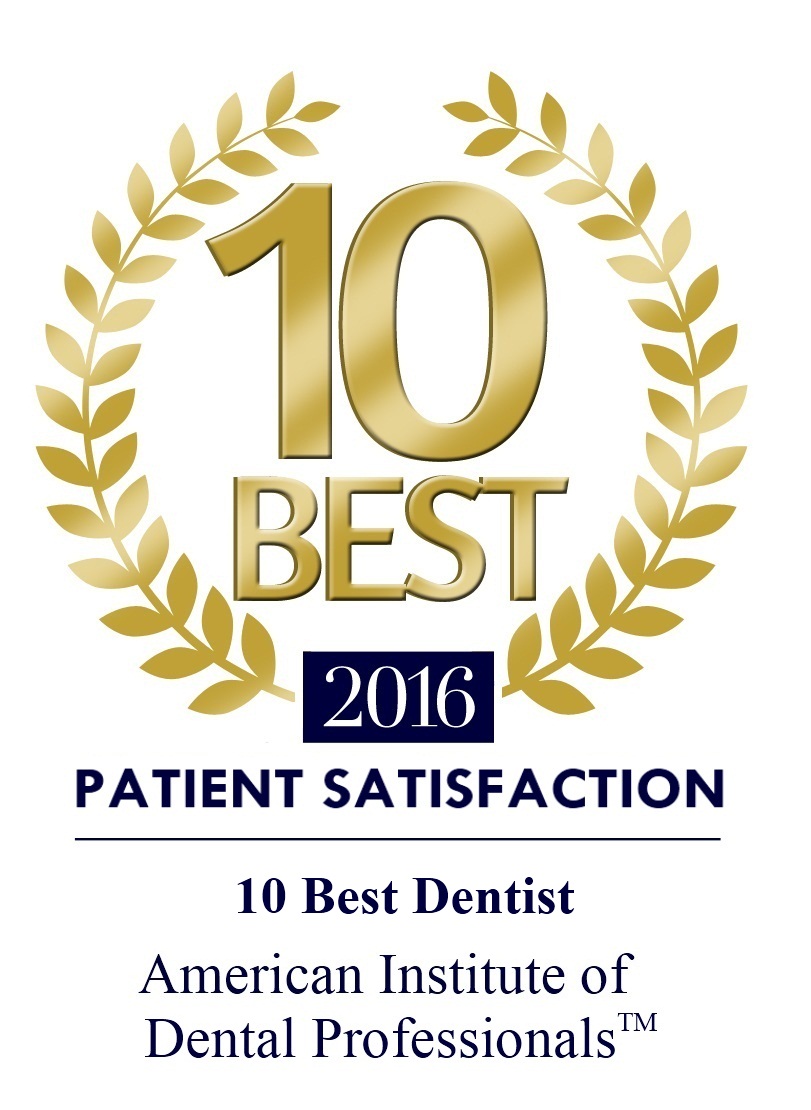 June is Alzheimer’s and brain awareness month. It is a month to spread awareness and educate people about brain diseases (such as Alzheimer’s) that can affect cognitive function to a crippling degree, and often make autonomy difficult (or impossible) for patients who suffer from it. Alzheimer’s is not yet fully understood; but there is ongoing research that offers more and more hope each year when trying to understand the disease. It is important that we educate each other on the causes and symptoms of Alzheimer’s, so that the fight against it can start at home. Preventative measures and early detection are crucial in the battle against Alzheimer’s disease. Did you know that current research suggests that periodontal disease and Alzheimer’s may be linked? According to 2017 article published by the National Center for Biotechnology Information, the latest studies have shown that people who have chronic periodontitis for at least 10 years have an estimated 70% higher risk of developing Alzheimer’s than people who do not have chronic periodontitis.
June is Alzheimer’s and brain awareness month. It is a month to spread awareness and educate people about brain diseases (such as Alzheimer’s) that can affect cognitive function to a crippling degree, and often make autonomy difficult (or impossible) for patients who suffer from it. Alzheimer’s is not yet fully understood; but there is ongoing research that offers more and more hope each year when trying to understand the disease. It is important that we educate each other on the causes and symptoms of Alzheimer’s, so that the fight against it can start at home. Preventative measures and early detection are crucial in the battle against Alzheimer’s disease. Did you know that current research suggests that periodontal disease and Alzheimer’s may be linked? According to 2017 article published by the National Center for Biotechnology Information, the latest studies have shown that people who have chronic periodontitis for at least 10 years have an estimated 70% higher risk of developing Alzheimer’s than people who do not have chronic periodontitis.
What is Gum Disease?
Gum disease is a general term for diseases that are found in the gums. Gingivitis is the mildest, whereas periodontal disease can become quite problematic for multiple reasons. So, what are the signs of gum disease? In its early stages, gingivitis can sometimes be nearly undetectable if you don’t know what to look for. The most common symptom is red swollen gums that bleed easily. Discomfort is difficult to detect, and there are not many signs of gum disease that are a good indicator in the early stages. If left untreated, gingivitis can transform into periodontal disease, which is much more serious and difficult to reverse. Bacteria introduced by gingivitis can spread beneath the gum line, and produce toxins that irritate the gums. This causes your immune system to initiate an inflammatory response to rectify the issue by turning on your body and destroying the gum tissues and bone material that support your teeth.
What is Alzheimer’s Disease?
Alzheimer’s is a form of dementia often associated with (but not limited to) older patients. Onset develops slowly and usually get worse over time. As a result, assisted living arrangements will often need to be made for patients who suffer from it. So what causes Alzheimer’s disease? Contrary to some beliefs, Alzheimer’s is not a normal part of aging. It is important to differentiate between what could simply be a matter of aging, or something much more serious, such as dementia. Early Alzheimer’s disease symptoms include: memory loss that disrupts daily life, challenges planning or solving problems, difficulty completing familiar tasks, time or place confusion, trouble understanding visual images, new problems with spoken or written words, misplacing things and losing the ability to retrace steps, withdrawal from work and social activities, and changes in mood or personality. If you or a loved one are experiencing a number of Alzheimer’s disease symptoms, talk to a physician as soon as possible.
The Connection between Gum Disease and Alzheimer’s
As we mentioned earlier, studies have shown evidence of a link between periodontal disease and Alzheimer’s. Bacteria can actually enter your bloodstream through normal activities such as brushing or chewing. This is compounded by the fact that bacteria can more easily enter your bloodstream if gum disease is present, and gums are bleeding frequently. Once in your bloodstream, the bacteria can make its way into your brain. From there, your immune system triggers an inflammatory response, and valuable, healthy brain tissue can be destroyed in the process. The destruction of this healthy brain tissue can lead to the early stages of Alzheimer’s disease symptoms.
Laser Gum Disease Treatment in Forest Hills, NY
For more information about how to prevent gum disease or gum disease surgery in Queens, NY click here. Alternatively, call us on 718.878.4878. We’re standing by to help you with your dental needs.

